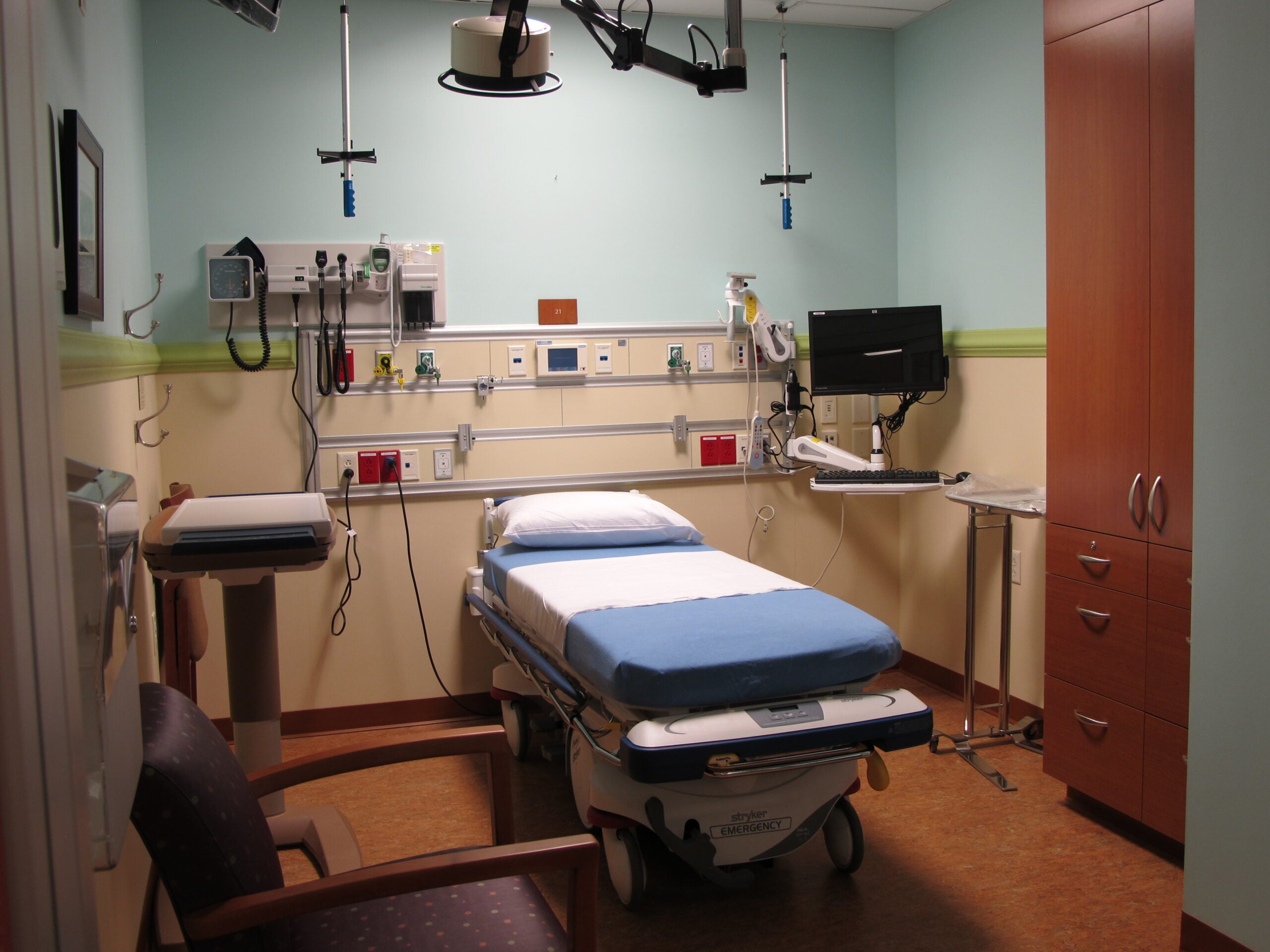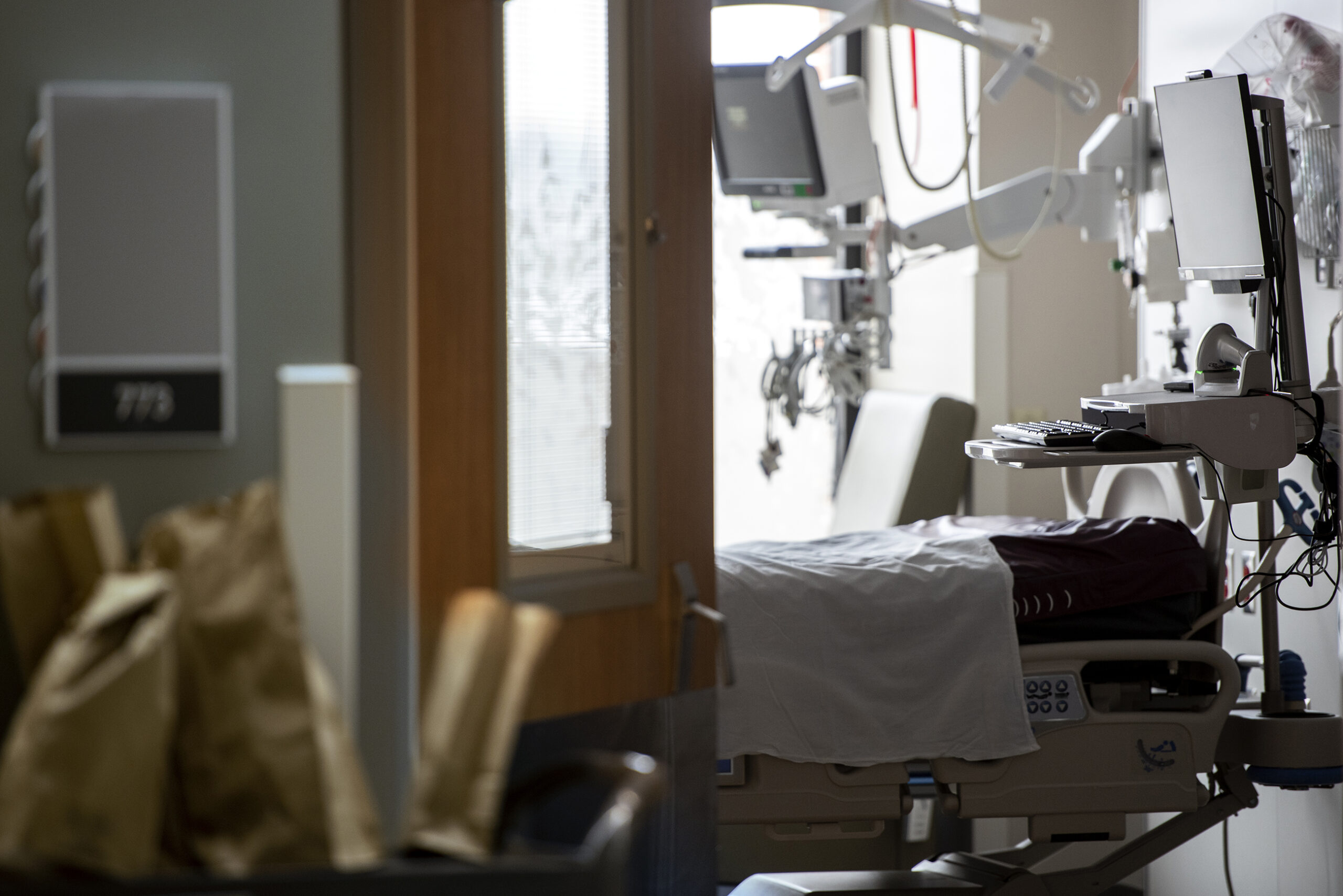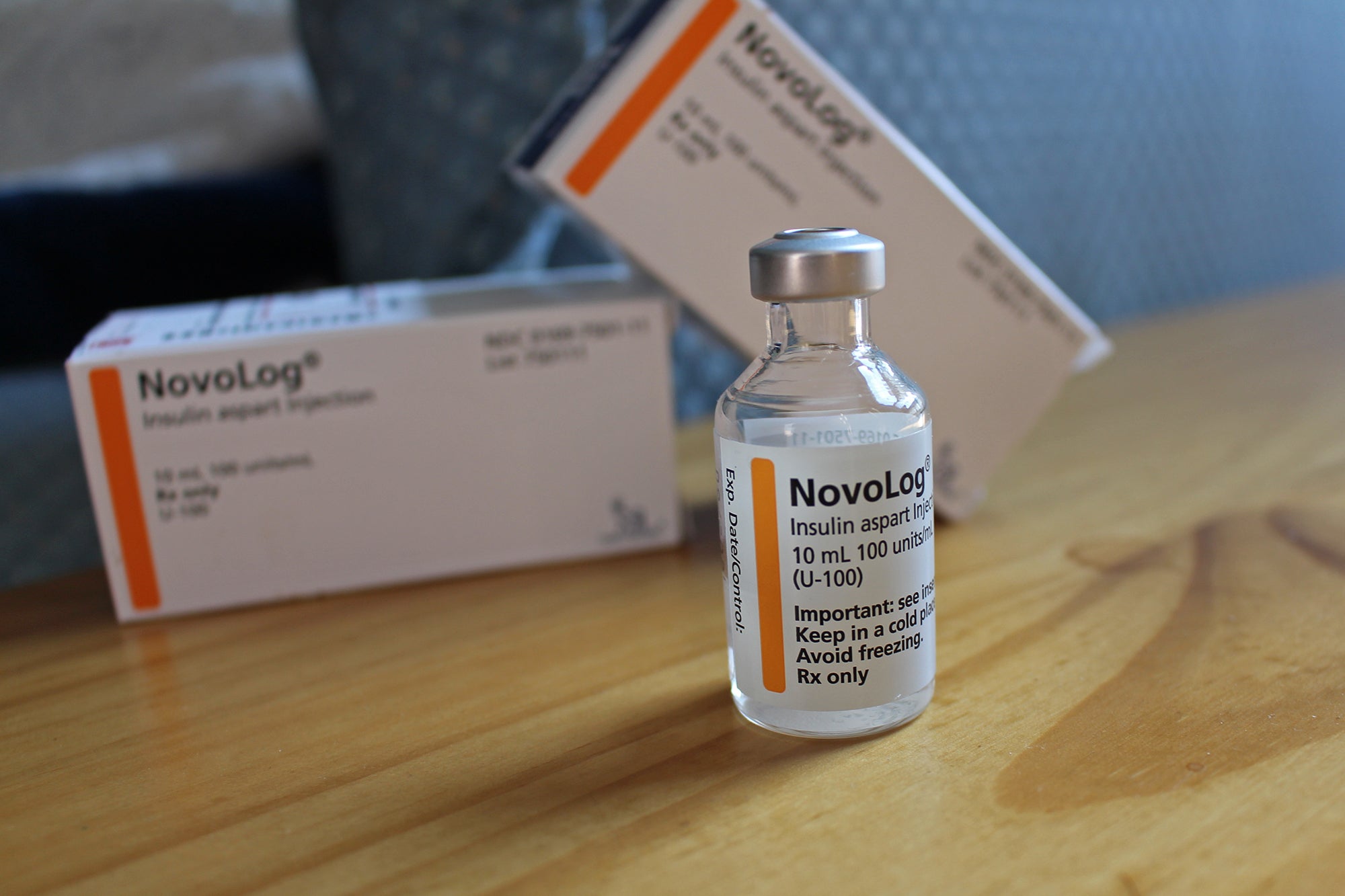As the next round of open enrollment for Affordable Care Act participation, several healthcare companies are saying that they will no longer participate in the program. We find out the implications are for consumers. We check in with a news editor on what the biggest state stories were this week in the Wisconsin News Roundup. And on this week’s edition of the summer music series Set List, we find out what brought Iowa singer-songwriter, Lissie back to the Midwest.
Featured in this Show
-
Wisconsin News Roundup For August 26, 2016
News editor Robert Mentzer joins the show for a weekly round-up of the top stories in Wisconsin news.
-
Is The ACA Insurance Marketplace In Jeopardy?
Numerous health insurance companies–citing huge financial losses–are pulling plans from the public marketplace in several states. And just this month, insurance giant Aetna announced it would need to withdraw from the public exchanges if its merger with Humana was blocked by the Department of Justice. We’ll leave where the Affordable Care Act stands now that insurances agencies are scaling back coverage.
-
ACA Faces Another Challenge After Giant Insurance Companies Say They'll Opt Out
The Affordable Care Act has faced a number of challenges since being signed into law in 2010, from a disastrous website rollout to challenges argued before the U.S. Supreme Court. A new hurdle has emerged as several insurance companies, including Aetna and UnitedHealth, announced they intend to withdraw their plans on public exchanges in many states by 2017.
Tom Oliver, professor of population health sciences at the University of Wisconsin School of Medicine and Public Health, said the public exchanges have a mixed record so far. While there have been bumps in the ACA’s rollout, many more Americans have decided to enter and enroll in the health insurance exchanges than originally expected. Unfortunately, those enrolling have been older and more sick on average, and private employers aren’t dropping their plans at the predicted rate.
“The risks are a little bit higher than were expected for many of the plans in part because the rest of the insurance system has not unraveled as was expected,” Oliver said. “A lot of employers were expected to drop their coverage now that the exchanges were available and just send their workers to those exchanges. But fewer employers have dropped coverage than expected, so some of the healthier individuals have stayed in those pools.”
A New York Times investigation found about 17 percent of the public exchanges have only one or two options for health care providers, including some pockets of northern Wisconsin. Oliver said that’s always been a problem in rural parts of the country, even before the health care overhaul. Luckily, Wisconsin has it pretty good, he said.
“Wisconsin is actually amazing in that it has more health plans available in the exchanges than any other state except New York,” Oliver said. “Part of this is that it’s very difficult to create and organize health plans and health systems that then can compete on a for-profit basis in rural America.”
Some policy and health experts have advocated for a public option to help invigorate competition in areas where there aren’t many plans to choose from. That’s where the presidential race comes into play, Oliver said.
“It is certainly on the table and will be depending on the outcome of the election in November in terms of the makeup of congress and whose sitting in the White House,” he said.
The public option has been a long-standing heavily debated in issue in the health care arena, including Medicare. Oliver said it raises a bigger philosophical question about whether Americans want to heavily rely on the private sector or introduce a public option that “tends to run on much lower administrative expenses and doesn’t need to pay off shareholders.”
Episode Credits
- Rob Ferrett Host
- Amanda Magnus Producer
- J. Carlisle Larsen Producer
- Rob Mentzer Guest
- Tom Oliver Guest
Wisconsin Public Radio, © Copyright 2024, Board of Regents of the University of Wisconsin System and Wisconsin Educational Communications Board.




